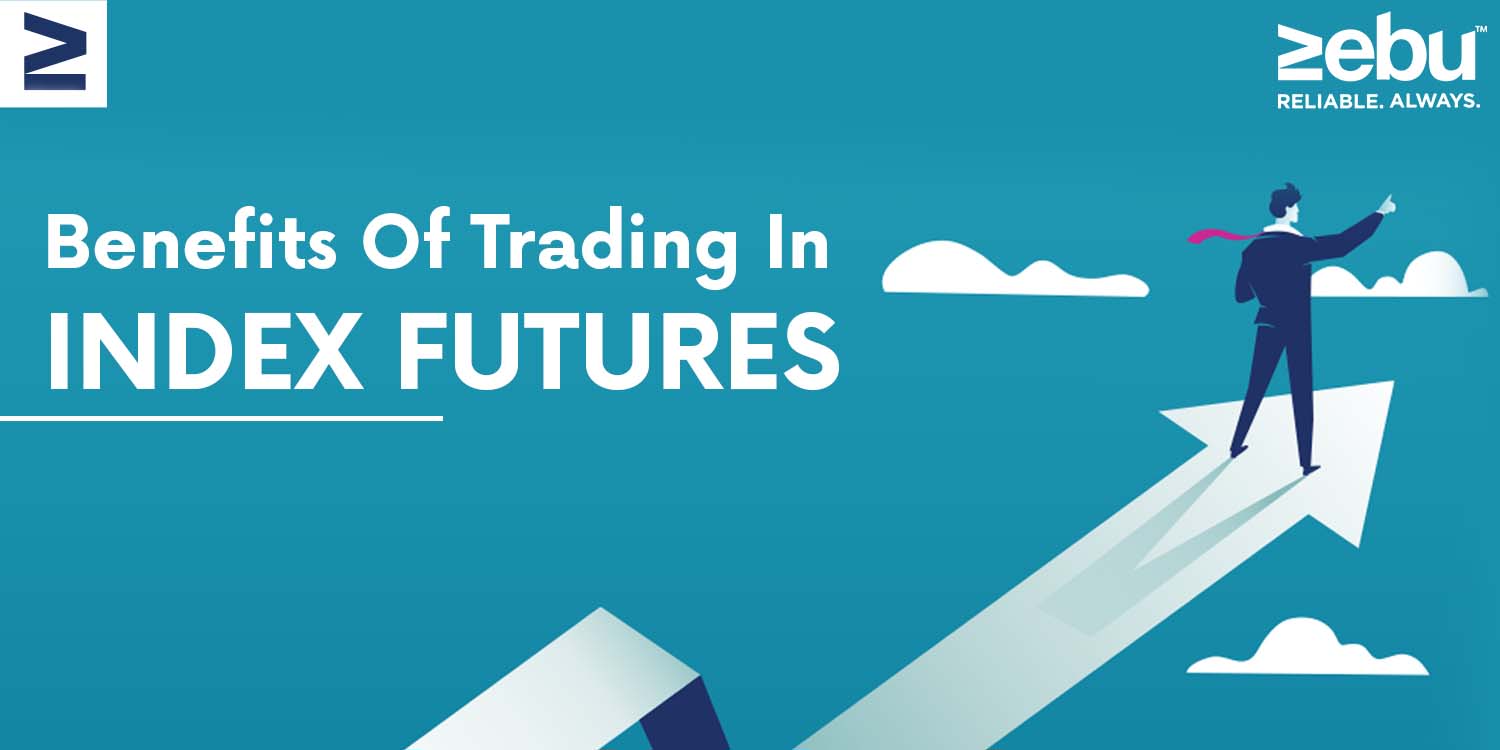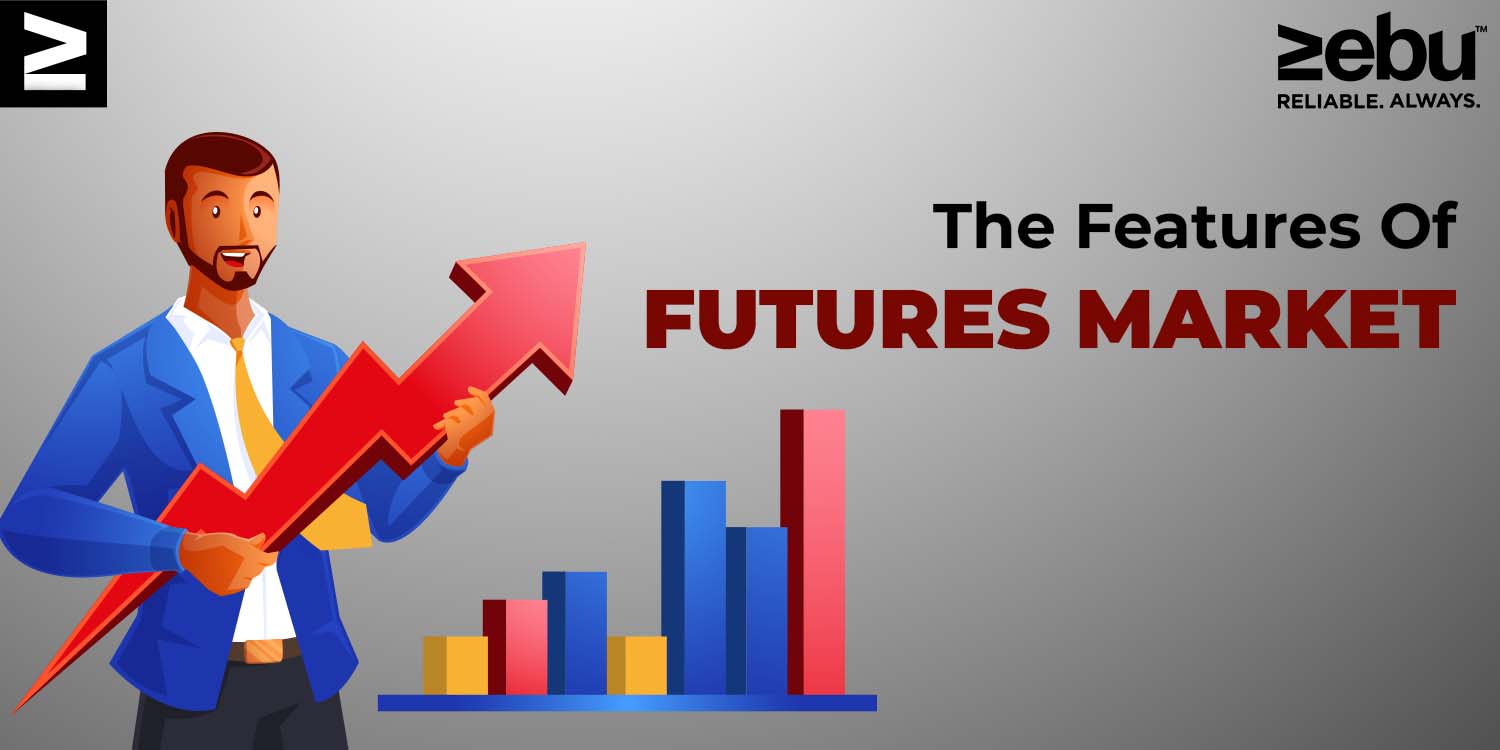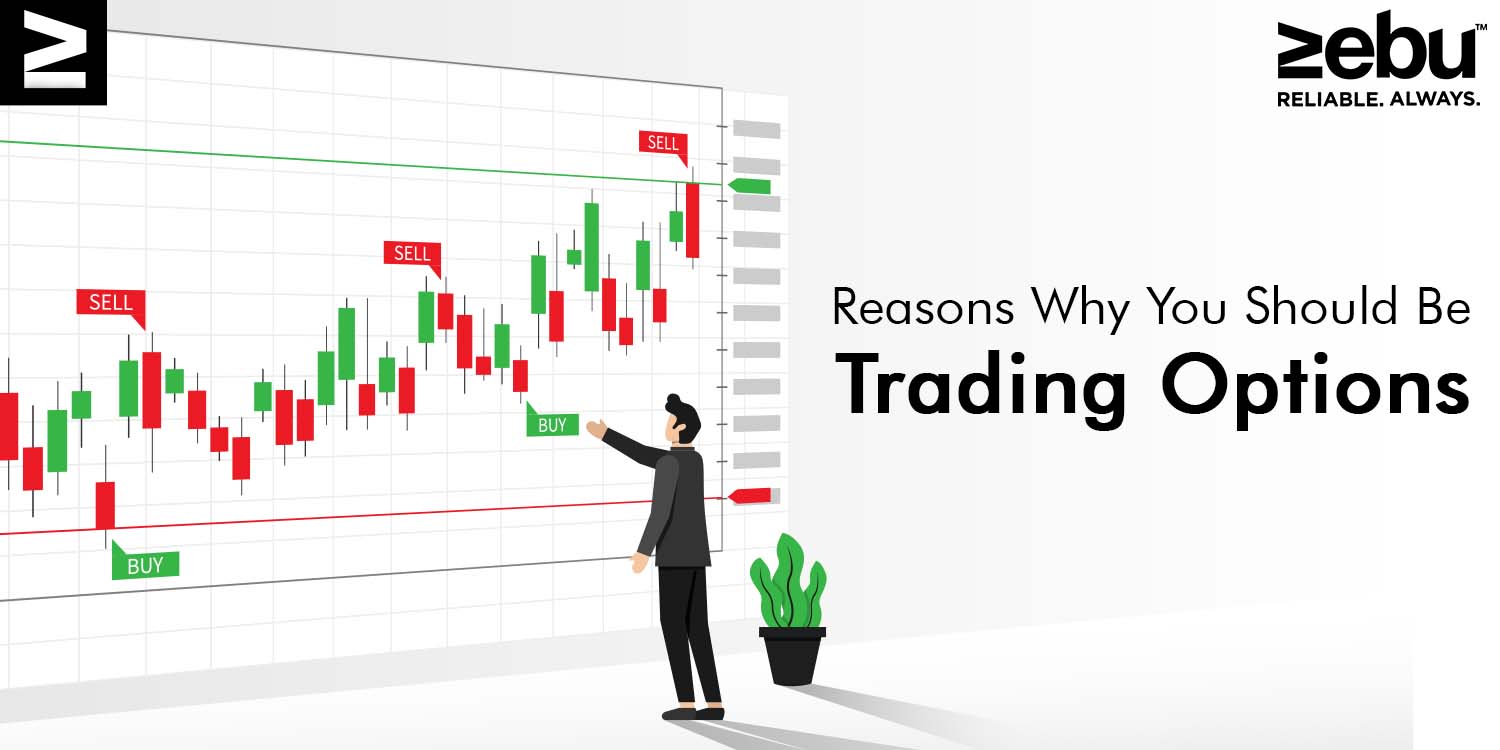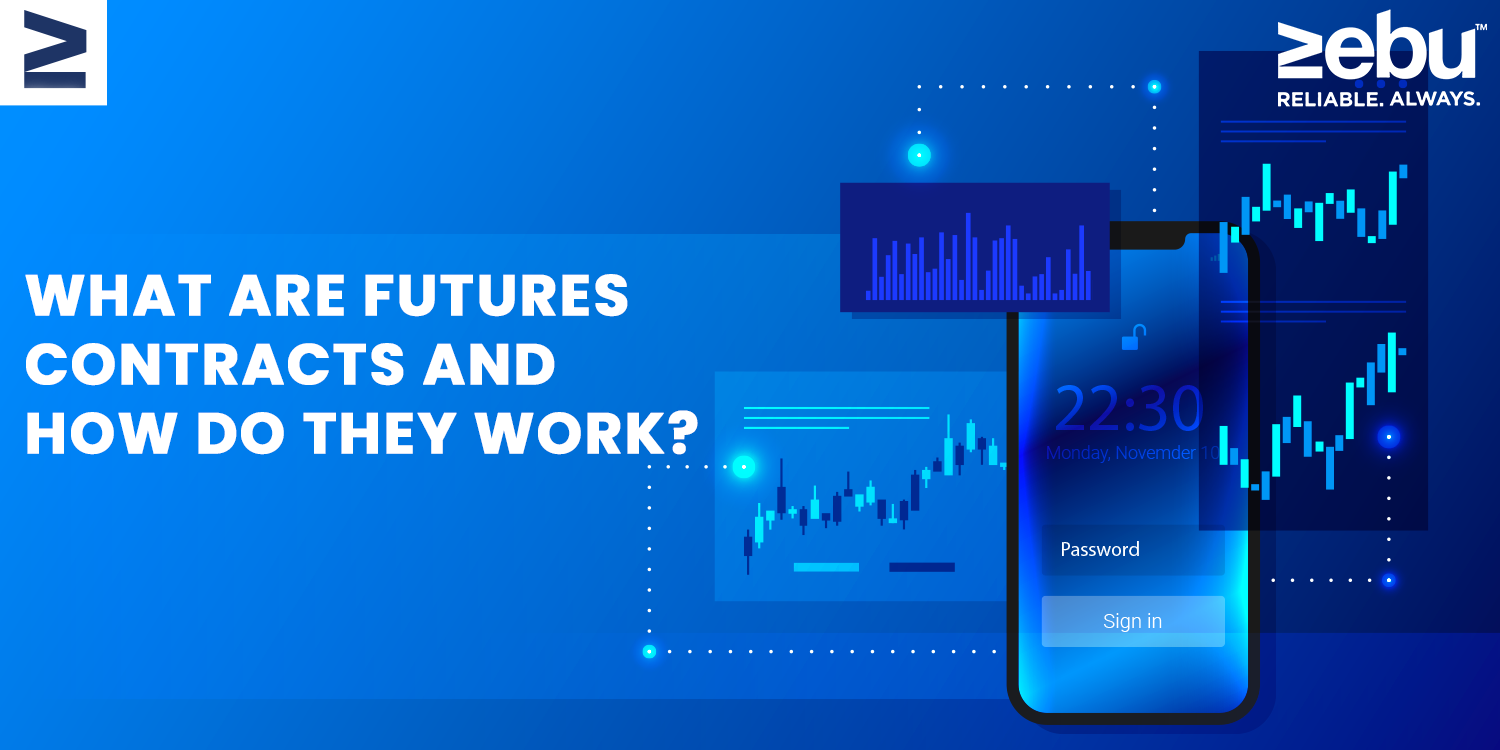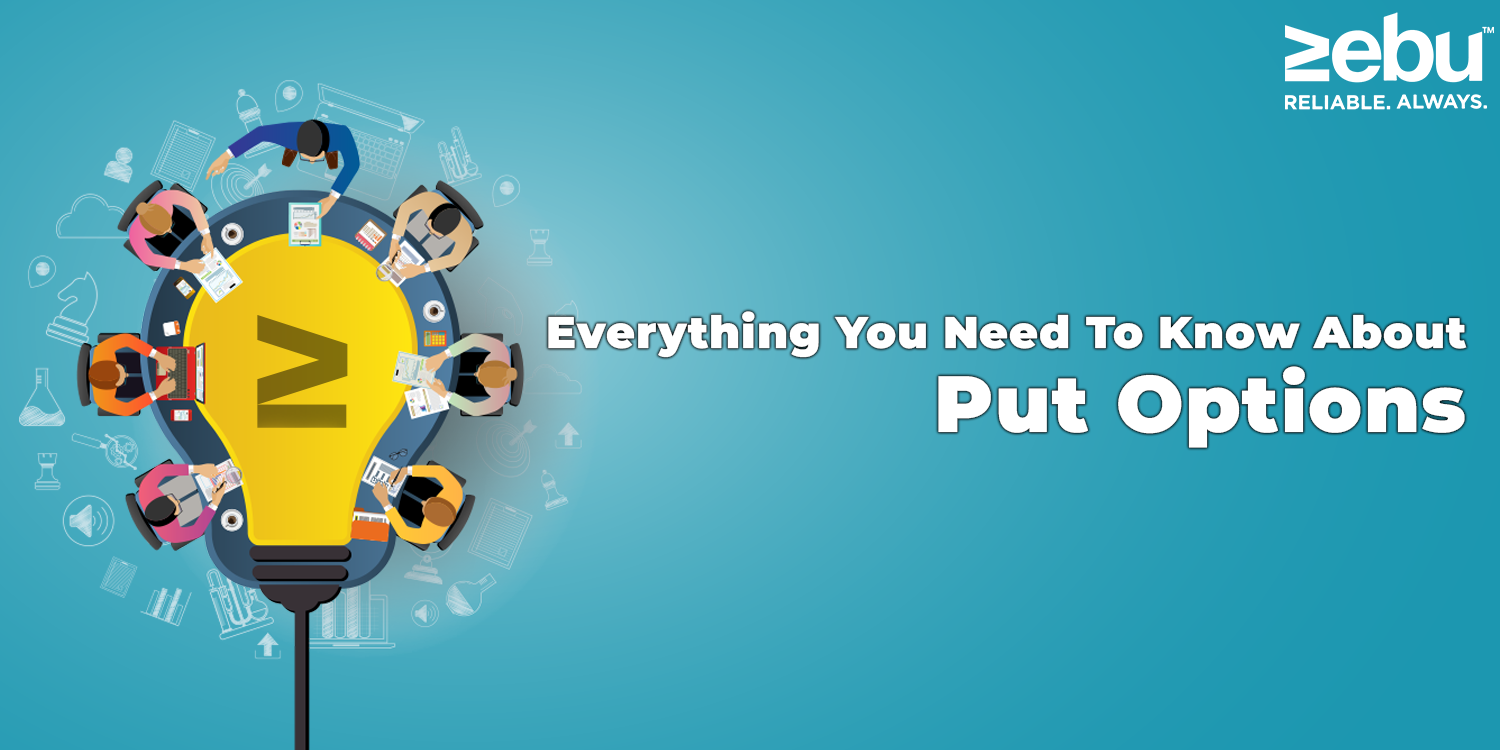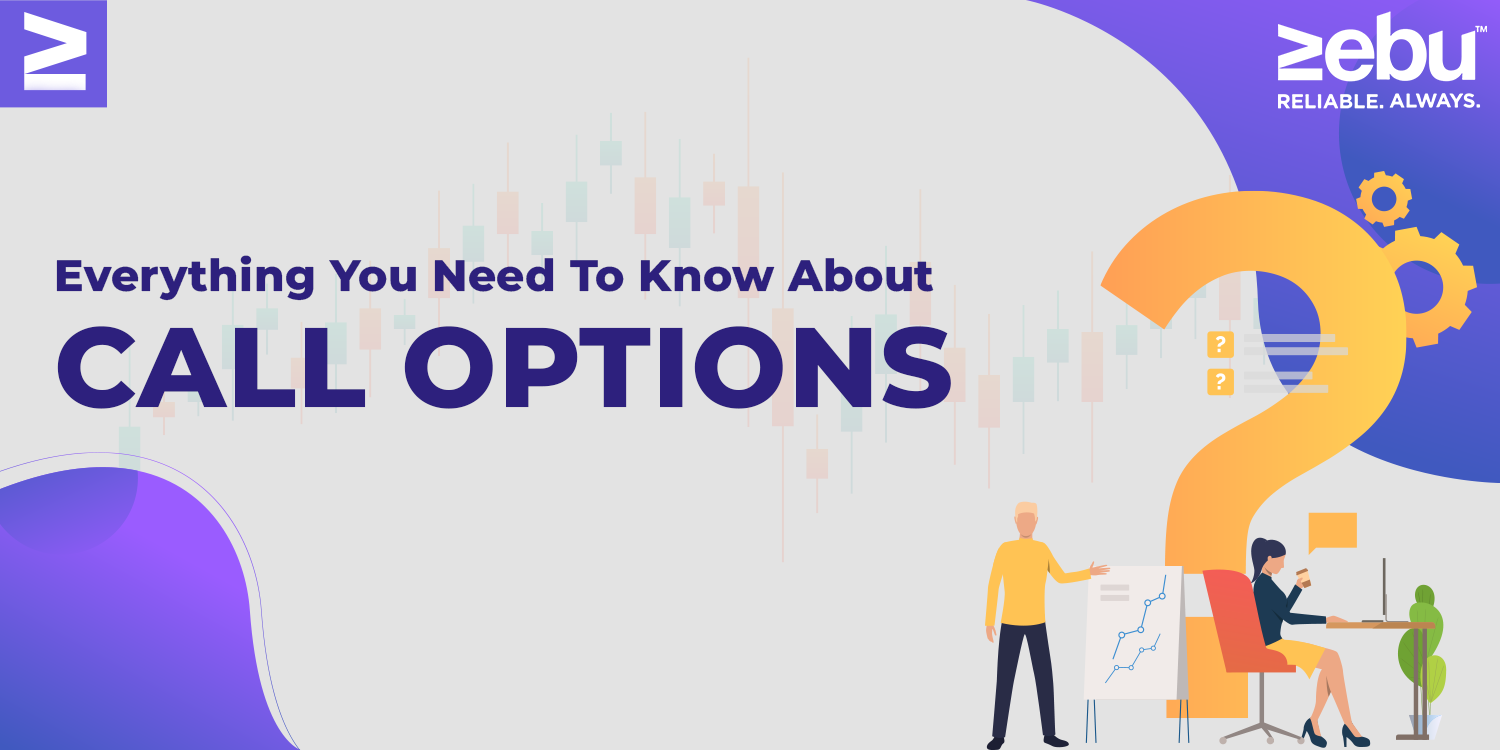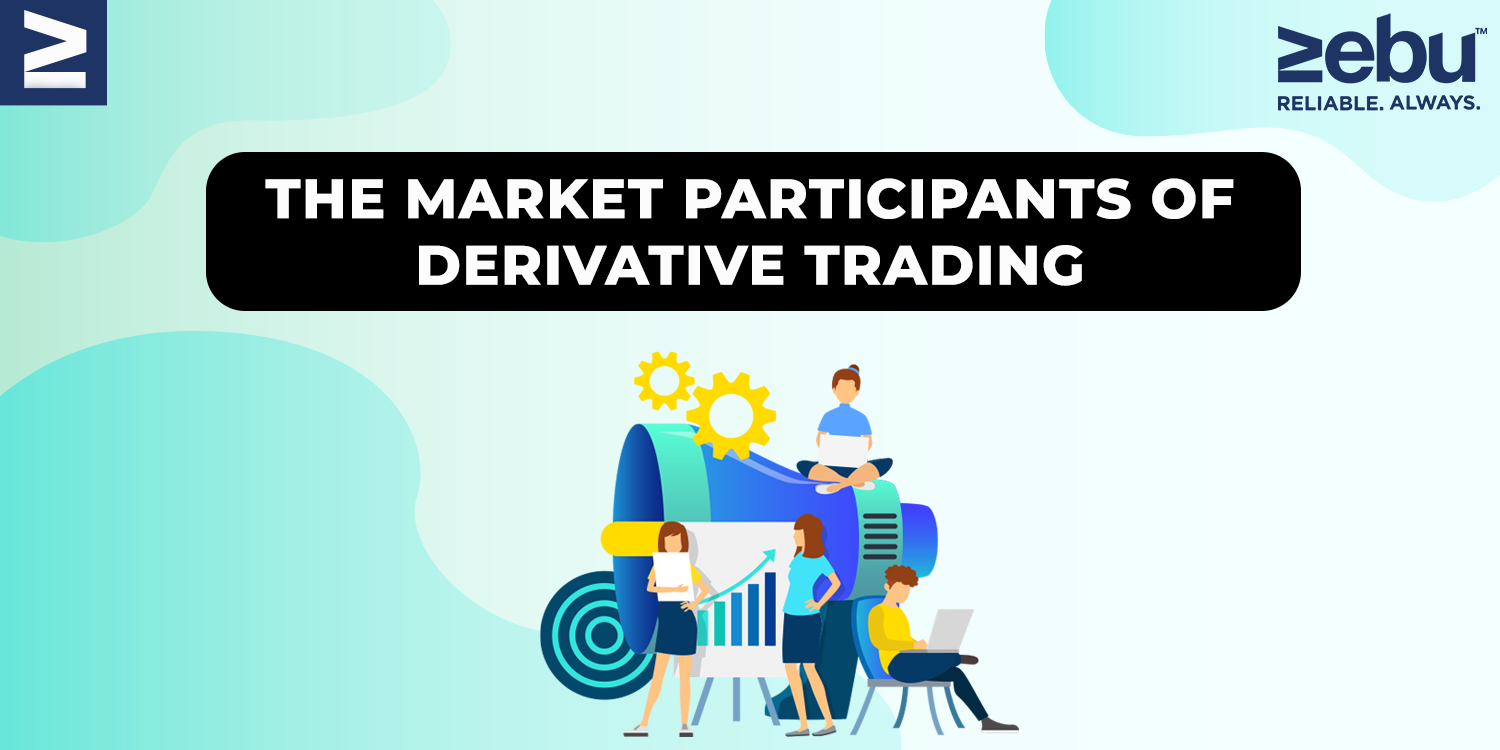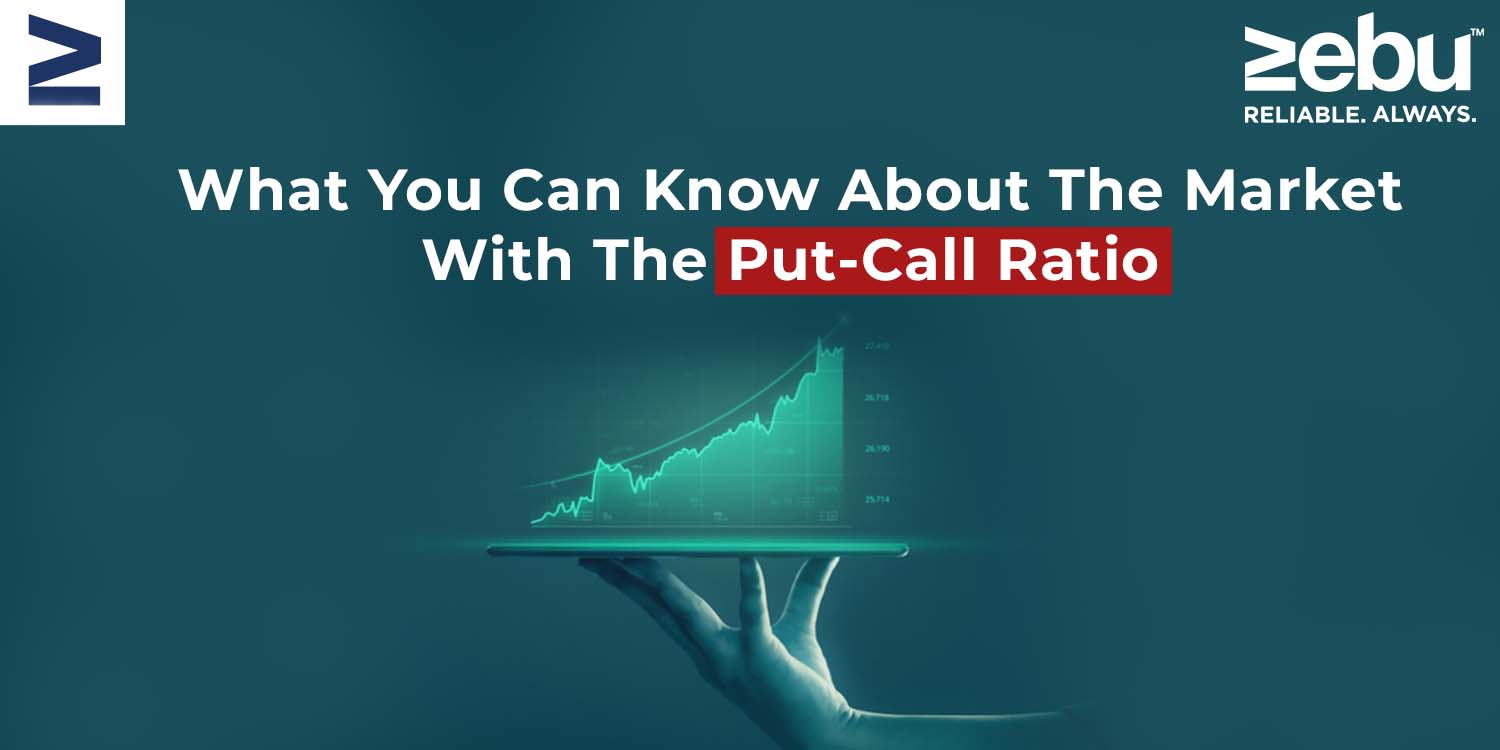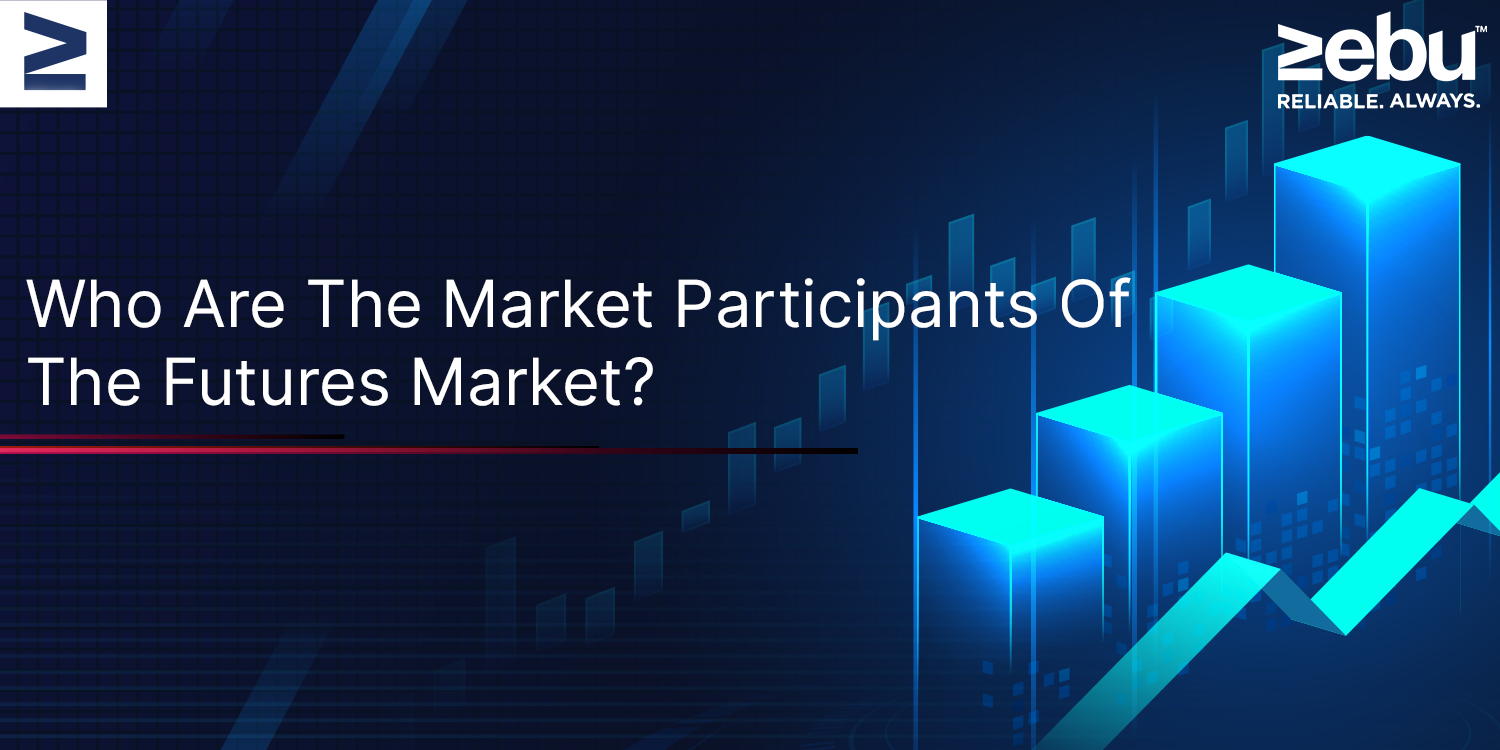
A market is strong not only if there are products to trade and a way to keep things in check, but also if the people who take part in it are good. The same is true of the futures market for commodities. Even though there are thousands of traders who buy and sell precious metals, industrial metals, and agricultural goods, these traders and market participants can be put into four main groups. This sorting is very important because each of these types of market participants leaves its own mark on the market and adds to its strength in its own way.
Are you looking for the best trading platform? Then your search ends here with years of experience as a share broker, our team at Zebu has come up with the
best stock trading platform for our users.
1. Speculators on the commodity market
The time that speculators are on the market is very short. They might want to get out of their long or short position the same day or in a few days. They make money by understanding global economic cues and determining which commodity will go up or come down. In the equity derivatives market, speculators are also often called intraday traders. Most speculators don’t care which way the market is going and are willing to trade both ways, that is, on the long side and the short side. Speculators usually try to be on the right side of the market’s overall momentum and the momentum of the commodity they are trading. Since speculators depend a lot on small trading opportunities in the commodity markets, they use technical charts, supports, resistances, break-outs, patterns, etc. to help them make their trades. Speculators play a very important role in the commodity markets because they keep the markets liquid and make sure that the bid-ask spread is as small as possible.
2. Margin traders who trade in the direction of the market
When it comes to certain commodities, these traders have a slightly longer-term view than speculators, who usually work at the short end of the market. Since margin trading is possible in the futures market, traders use futures as a stand-in for buying the commodity on the spot market. Instead of locking up all of their money in a spot position, traders who pay a margin use futures as a stand-in for spot positions. Margin traders are not only willing to wait until the contract ends, but they are also willing to take a longer-term contract and pay the rollover cost to keep the position open. Margin traders usually don’t put too much stock in technicals, but they have a strong fundamental premise that makes them willing to pay the roll cost to keep the position open for longer. Most of the time, the trades of these margin traders give traders and analysts hints about which commodities are getting long-term interest and are a leading indicator of changes below the surface.
3. Spot / Futures Arbitrage Traders
Arbitrage traders do something very different in the commodity markets. By trying to lock in spreads, they actually try to make the prices on the market fairer. Before we can figure out how arbitrageurs work in the commodity markets, we need to know how they do business in the stock markets. If JSW Steel is quoted at Rs.500 in the spot market and Rs.510 in the stock futures market, the arbitrageur will buy JSW Steel at Rs.500 in the spot market and sell JSW Steel Futures at Rs.510. So, he can be sure of making a profit of Rs. 10 till the price gap is bridged. On the day of expiration, both the spot position and the futures position will end at the same price, giving the arbitrageur the chance to make the 2% spread. The markets for commodities can be a bit more complicated. First of all, different agencies control the spot market and the futures market for commodities, which makes things more complicated. Second, unlike stocks, commodities have extra costs like shipping fees, insurance costs, storage fees, stamp duty, etc., which all need to be taken into account when figuring out the spread. But when all of these costs are taken into account, if the arbitrage spread on any commodity is positive, the arbitrageur will buy in the spot market and sell in the futures market. By fixing any problems with prices, the arbitrageur will not only be sure to make a profit, but he or she will also make the market work better. Arbitrage takes a lot more time and money than speculation or trading on margin.
4. Hedgers
Hedgers are people who have an underlying exposure to a certain commodity. Let’s say you have a big order of silver that you need to give to a jeweller in 3 months. The only problem is that the deal will be made at the price that was in effect on that date. This puts you at risk for price changes over the next three months. You’re happy with the price of silver right now, but you’re worried that it might go down in 3 months. You can protect yourself by selling short 3-month silver futures. By doing this, you’re securing your position at a price that seems good to you at first. So, you don’t care what happens to the price of silver over the next three months. If the price of silver goes up, you will lose money, but that is what a speculator does. As a hedger, it is your job to protect yourself from losing money, which you have done well. Hedgers are traders who have real exposure to the underlying market. Because of this, they make the commodity markets more stable and trustworthy.
These are the four main participants of the commodity markets. The direction and health of the commodity markets are determined by what these four people do together.
Your search for the best trading platform? With years of experience as a share broker, our team at Zebu has come up with the best stock trading platform for our users.
